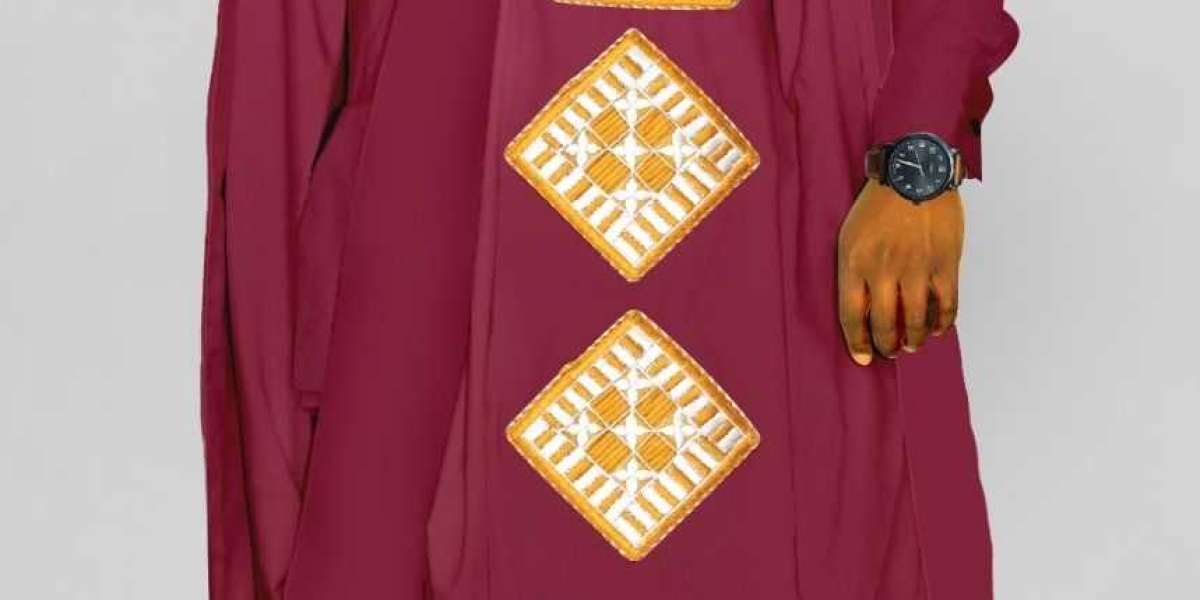The african dresses have long been recognized for their bold colors, intricate patterns, and deep cultural significance. These garments, crafted from fabrics such as Kente, Ankara, and Mudcloth, represent more than just clothing; they are a powerful expression of heritage, identity, and creativity. From traditional attire worn during ceremonies and festivals to modern takes on African designs that have taken the global fashion stage, African dresses continue to celebrate the continent's rich history and craftsmanship. These dresses are not just about aesthetics—they are a statement of pride, unity, and cultural expression.
At the heart of African dresses lies the use of vibrant, eye-catching fabrics. Kente cloth from Ghana, for example, is a highly regarded textile, with each pattern representing different messages or values such as strength, wisdom, and courage. Similarly, Ankara prints, which are most popular in West Africa, feature bright, colorful designs that often include geometric patterns, floral motifs, and abstract symbols. These prints are not only beautiful but deeply symbolic, often reflecting aspects of nature, spirituality, and everyday life. In many African communities, the choice of fabric and design in a dress can signify social status, age, or even personal achievements.
Beyond their symbolic meaning, African dresses are renowned for their incredible craftsmanship. Many of these garments are handmade using traditional methods such as weaving, embroidery, and dyeing. This process can take several weeks or even months, depending on the complexity of the design. The attention to detail and the skill required to create these dresses are a testament to the artisans who preserve these time-honored techniques. As a result, African dresses often have a level of uniqueness and individuality that is hard to find in mass-produced fashion. Wearing an African dress is, therefore, not just about the finished product but also about honoring the artistry and history behind its creation.
While African dresses have deep roots in tradition, they are far from being confined to historical settings. Today, designers across the African continent and beyond are taking traditional fabrics and incorporating them into modern fashion trends. The result is a fusion of old and new, where African prints are used to create everything from casual everyday wear to high-fashion couture. African dresses today are not only worn to celebrate special occasions like weddings or cultural festivals but have also become a staple in global fashion, appearing on runways, red carpets, and even in casual streetwear.
The versatility of African dresses is one of their most appealing qualities. From flowing maxi dresses to tailored blazers, skirts, and tops, African prints can be incorporated into various styles to suit different tastes and occasions. Designers are now experimenting with different cuts, fits, and silhouettes, making African dresses adaptable to a wide range of body types and personal styles. Whether it’s a chic, form-fitting dress for an evening out or a colorful, relaxed dress for everyday wear, African prints offer endless possibilities for creative expression in fashion.
As African fashion continues to gain international recognition, African dresses are becoming a symbol of empowerment and cultural pride for women worldwide. Wearing these dresses allows women to connect with their African roots while embracing modern fashion sensibilities. For many, African dresses are more than just garments—they are a celebration of heritage, history, and identity. Whether at a family gathering, cultural event, or in everyday life, these dresses speak to the wearer's pride in their culture and their ability to showcase their individuality through fashion.
In conclusion, african dress is more than just beautiful garments—they are an embodiment of African culture, history, and artistry. From traditional fabrics with rich symbolism to modern designs that bring these fabrics into contemporary fashion, African dresses continue to evolve while remaining deeply connected to their cultural roots. For anyone seeking a unique, stylish, and meaningful wardrobe choice, African dresses offer an unparalleled blend of beauty, craftsmanship, and cultural pride that is both timeless and forward-looking.








